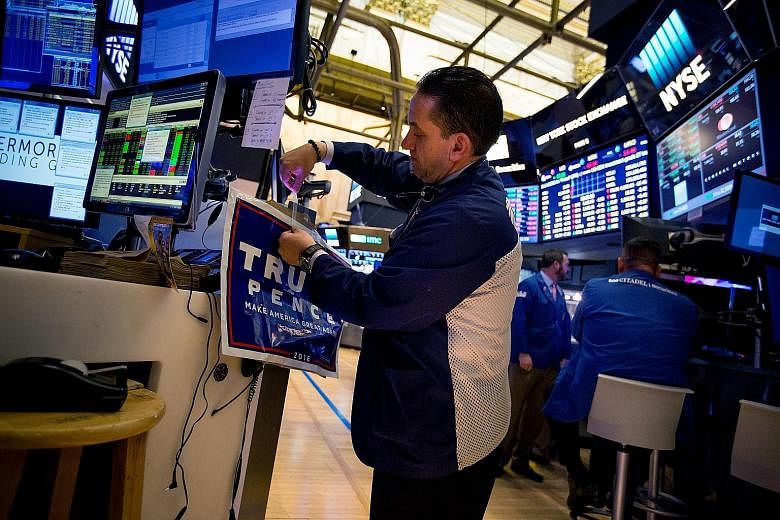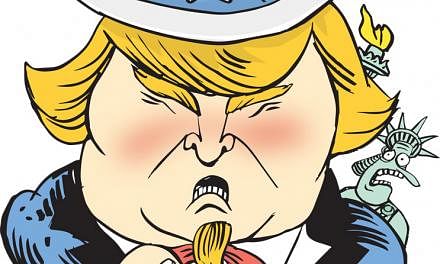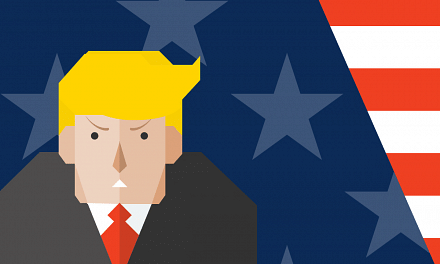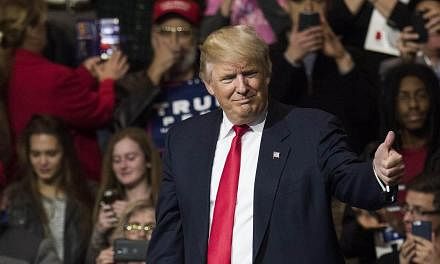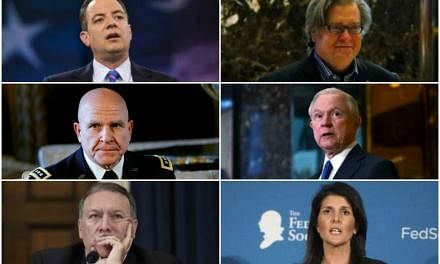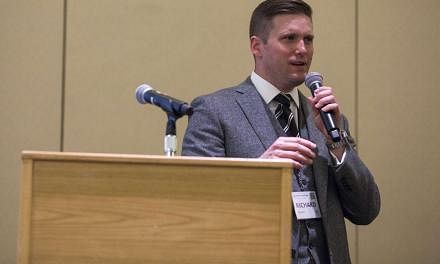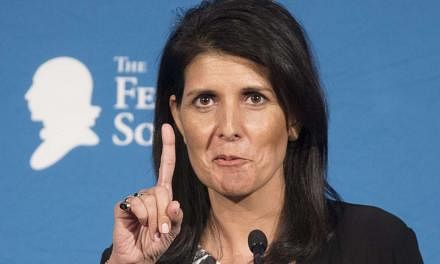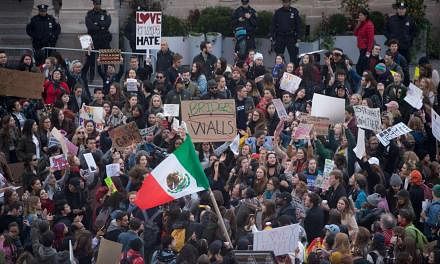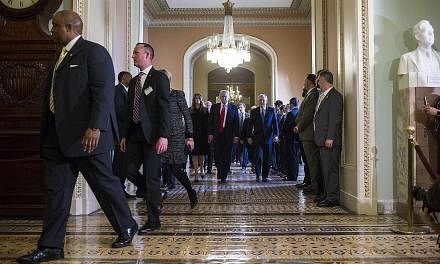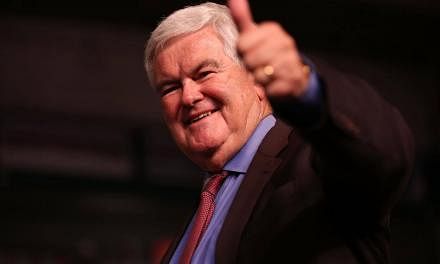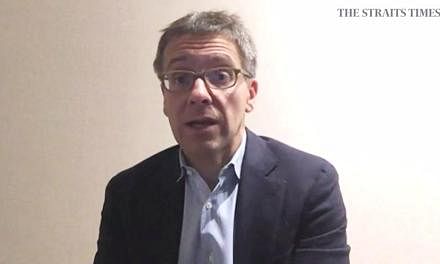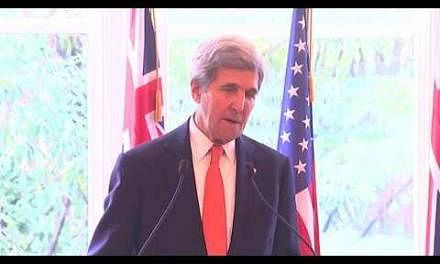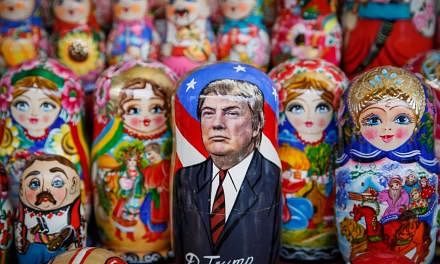US stock markets opened higher yesterday, as investors turned even more optimistic on plans by the incoming Donald Trump presidency to pump-prime the economy.
The US markets had already surged on the first day of post-election trading on Wednesday to close higher, to make it one of the biggest single-day reversals in stock market history.
The move into positive territory was after a nine-day sell-off.
Yesterday, the Dow Jones Industrial Average rose 156.86 points, or 0.84 per cent, to an all-time high of 18,746.55 half an hour after the opening bell. The S&P 500 Index advanced 0.51 per cent to 2,174.31, while Nasdaq was up 0.48 per cent to 5,276.76.
Drug makers and banks led the jump. Allergan and Pfizer added 2.4 per cent or more, while Goldman Sachs Group and JPMorgan Chase also advanced.
"The initial shock of the US election results was remarkably short-lived," an earlier report from Citi noted. "The fear about trade protectionism and isolationist policies has been overcome by hope of fiscal boost, less regulation and a break from the economic status quo."
The outlook for Asia is much cloudier, however, with the President-elect's anti-trade campaign rhetoric sparking concern about a possible rise in protectionism.
This could hit Asia's small, open economies - like Singapore - the hardest, and comes at a time when world trade is already flagging amid lacklustre growth. During his campaign, Mr Trump outlined an isolationist agenda, casting doubt over the future of US foreign policy and trade relations.
But it remains to be seen whether this will be translated into actual policies. "(The next few months) are likely to be a period of increased market and business uncertainty about policy that may weaken investment and growth (in Asia)," said a Credit Suisse report. Many businesses in the United States and around the world may delay foreign investment plans until US policy becomes clearer.
The delay would reduce global foreign direct investment and trade, leaving trade-dependent economies such as Hong Kong, Singapore and Vietnam the most vulnerable.
While it is unlikely Singapore will be the direct target of anti-trade policies, the key risk to Singapore and Hong Kong is that US policy action against larger players like China may weaken overall Asian trade, the Credit Suisse report added.
Mr Trump has threatened to start a trade war with China - the United States' biggest trading partner - and said during his campaign that he will impose punitive tariffs of 45 per cent on Chinese goods.
What is clear is that there will be more uncertainty in the coming months. "We would not rule out more market volatility as the Trump Cabinet takes shape in the coming days and weeks," said the Citi report.
Chia Yan Min
